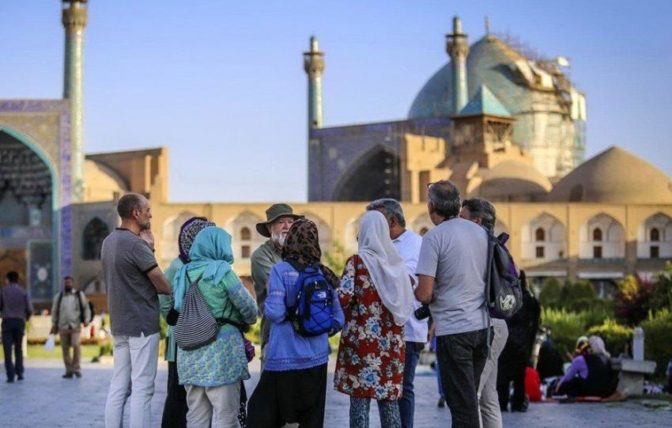
 "
"

 "
"

The Developing Eight (D8) Islamic countries are set to convene in Pakistan’s scenic mountain resort city of Murree to discuss ways to strengthen tourism collaboration among member states. The two-day meeting, scheduled for August 4-5, aims to explore opportunities for enhancing intra-D8 tourism in the post COVID-19 era while aligning with the group’s objectives and goals.
Tourism experts from D8 member states will come together to enhance their capacities and formulate effective strategies for the industry’s growth. This gathering intends to foster knowledge exchange and sharing of best practices, paving the way for increased cooperation and bilateral tourism promotion.
The D8 group, comprising Iran, Turkey, Pakistan, Bangladesh, Indonesia, Malaysia, Egypt, and Nigeria, serves as an economic organization that represents approximately 1 billion people or 14 percent of the world’s population. These geographically diverse Muslim countries possess abundant natural and historical riches, presenting significant income opportunities through tourism.
The potential for developing an “Islamic tourism” model could reshape the global tourism industry, becoming the third most profitable sector after oil and automobiles. This industry is notable for its capacity to generate employment rapidly and reduce unemployment, making it a pro-poor strategy.
However, despite the immense potential, around 80% of the world’s tourism activities still occur in industrialized countries, leaving non-industrialized nations with only 20% of the share. Bridging this gap requires utilizing new technologies, proper management of cultural, social, economic, and political-religious aspects, and precise planning.
For Muslim tourists, the spiritual atmosphere and adherence to Islamic values in Islamic countries hold great appeal. The availability of halal food and ease in performing religious duties offer a sense of security and tranquility. Many Islamic countries also prioritize cultural tourism, welcoming visitors who respect Islamic customs, Sharia laws, and etiquettes.
Political events can significantly influence Muslim tourist destinations. For instance, post-September 11, there was a shift in preferences for certain destinations among tourists from Qatar and Saudi Arabia, favoring countries with a similar culture like Malaysia.
As the income of Muslim communities increases, retail and recreational trips have surged, prompting countries worldwide to create infrastructures that attract more Muslim visitors. According to the Global Muslim Travel Index (GMTI), the number of Muslim travelers is projected to grow, presenting ample opportunities for tourism development.
Iran, with its rich history and diverse landscape, emerges as one of the world’s most promising tourist destinations. The country boasts numerous halal amenities and a wealth of ancient sites recognized by UNESCO. However, experts note that proper promotion and presentation are necessary to unlock its full tourism potential and dispel misconceptions formed by negative media coverage.
Foreign visitors often express their amazement at Iran’s people, food, history, and culture, experiencing the country’s dynamic contributions to arts, architecture, and literature firsthand. With a young generation of Muslims seeking to explore the world while preserving their religious values, Iran stands as a prime candidate to play a crucial role in the future of halal tourism development.